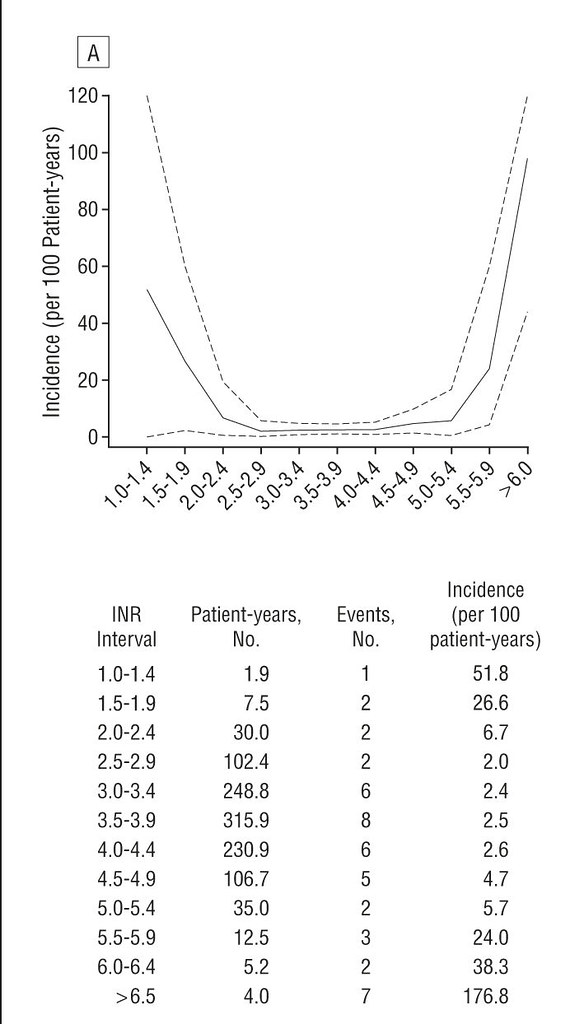Poyda
Active member
Hi all!
Have a question is it normal for INR to suddenly change dramatically.
I had an MVR with a mechanical valve in March this year and since then getting me a constant dose of Warfarin had been a task. Dosed by GP. Target INR 2.5 - 3.5
For a good period of time after surgery (maybe a month or two) I was 8, then over time then, as it would drop, I've slowly had to get the point where I take 13mg. Anyone else on a similar dose?! 13mg is massive to me.
My INR had been (fairly) stable the past month and a it generally fluctuating between 2.6 - 3.0. Last week it was 2.8 and Yesterday I had an INR and it's at 3.7 why would this be? No new meds, no new medication basically the same routine.
Has anyone else had issue getting thier INR stable
My GP isn't in today I don't know what I should do with tonight's dose
MVR 3/2/18 due to Infective Endocarditis. St Judes Mechanical Valve.
Have a question is it normal for INR to suddenly change dramatically.
I had an MVR with a mechanical valve in March this year and since then getting me a constant dose of Warfarin had been a task. Dosed by GP. Target INR 2.5 - 3.5
For a good period of time after surgery (maybe a month or two) I was 8, then over time then, as it would drop, I've slowly had to get the point where I take 13mg. Anyone else on a similar dose?! 13mg is massive to me.
My INR had been (fairly) stable the past month and a it generally fluctuating between 2.6 - 3.0. Last week it was 2.8 and Yesterday I had an INR and it's at 3.7 why would this be? No new meds, no new medication basically the same routine.
Has anyone else had issue getting thier INR stable
My GP isn't in today I don't know what I should do with tonight's dose
MVR 3/2/18 due to Infective Endocarditis. St Judes Mechanical Valve.

























